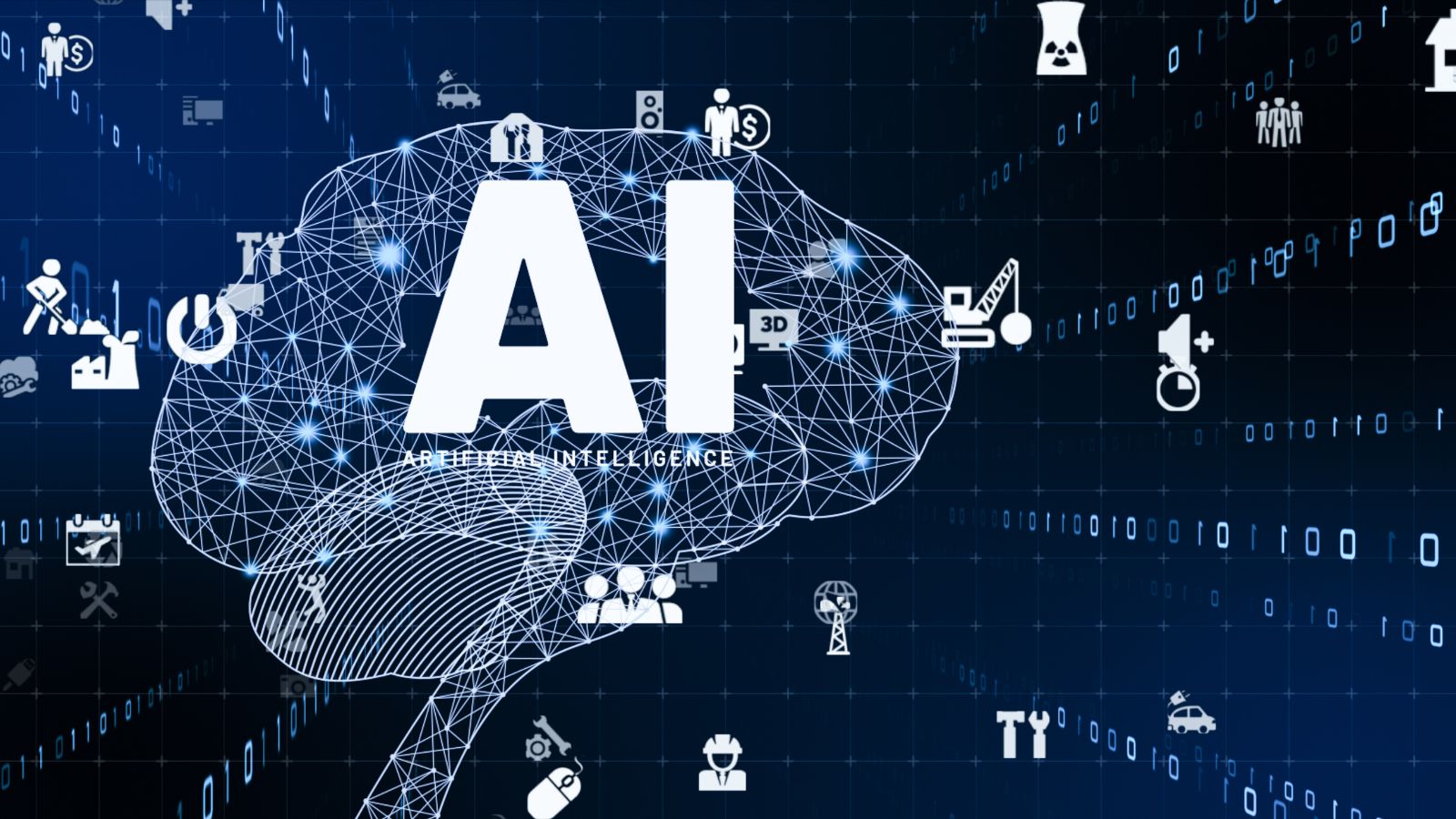In 2025, the digital landscape has undergone a transformative evolution, where technology no longer simply responds to us—it plays with us, understands us, and even becomes us. At the heart of this revolution is roleplay AI, a booming subfield of artificial intelligence that’s fundamentally changing how humans interact with machines. From escapism to self-discovery, AI-driven roleplay has transcended mere conversation and entered the rich territory of storytelling, fantasy, and emotional engagement.
But this isn’t just about chatbots anymore. This is about characters, about choice, about the ability to dive into stories that feel real—because they’re shaped around you.
What Is Roleplay AI?
Roleplay AI refers to artificial intelligence models designed not only to simulate conversation but to embody fictional personas. These AIs aren’t just text generators—they’re actors in a narrative, co-creators in an evolving digital world where the user drives the plot. Think of it as interactive fiction meets improvisational theater, powered by machine learning.
These systems respond to prompts with emotional nuance, adaptability, and continuity, crafting dialogues that feel dynamic and alive. Whether you’re stepping into the shoes of a heroic adventurer, a troubled lover, or a curious traveler in a fantasy world, the AI plays its role seamlessly—remembering your past interactions, adapting to your preferences, and improvising just like a human would.
From Bots to Beings: How 2025 Changed the Game
In 2025, the rise of premium platforms dedicated to AI roleplay has pushed boundaries. Users no longer want to talk to generic assistants—they want to interact with vivid, believable characters. Companies like Playhop and other platforms now offer customizable AI companions, tailored for everything from innocent companionship to bold fantasy roleplaying.
The success of these platforms is not a coincidence. It’s a result of three major shifts:
- Advanced Large Language Models (LLMs): Today’s AI can understand not just syntax, but tone, pacing, and emotional subtext. They’re more than clever—they’re expressive.
- User Customization: Users can now create entire custom scenarios, defining the story’s genre, tone, and moral boundaries. Want a romantic storyline set in a cyberpunk city? Or a suspenseful thriller in the 1800s? Done.
- Privacy and Safety Measures: With sensitive themes often explored in roleplay, platforms now emphasize safe & secure environments, allowing users to explore personal fantasies or narratives without fear of exposure or judgment.

Escapism Reimagined
The world can be a difficult place, and many people use digital media to unwind. But roleplay AI offers something deeper than movies or games: interactive escapism. You’re not just watching a story—you’re inside it.
For instance, a scenario titled “All In” explores the highs and lows of risk-taking, while “Finally Coming Out” lets users experience a deeply personal narrative of identity. Others may prefer fantasy or erotica—ranging from a dramatic “Commando Date” to the exotic “Visiting a Thai Massage.”
These aren’t just shallow scripts. Each session becomes a collaborative performance between human and machine—where every line of dialogue pushes the story forward and responds to your decisions.
AI as Therapy? The Emotional Side of Roleplay
While some may scoff at the idea of having emotional connections with AI characters, many users find profound comfort in roleplay AI. For individuals who struggle with social anxiety, trauma, or loneliness, these AIs can offer a safe space to rehearse social interaction, face fears, or even engage in cathartic emotional release.
Consider scenarios like “Quiet Girl” or “Shy Ami”, where vulnerability and tenderness are central. These stories aren’t about thrills—they’re about connection. For many users, these emotionally charged interactions provide a therapeutic outlet. Some even use roleplay AI as a tool for self-reflection or emotional rehearsal.
It’s no replacement for human relationships or professional therapy—but for some, it can be a stepping stone.
Adult Content and the Ethics of AI Fantasy
A major draw of roleplay AI in 2025 is the adult content—bold, uncensored, and customizable. While mainstream tech companies may avoid this space, niche platforms have embraced it, offering scenarios ranging from the romantic to the explicit. Titles like “Virgin Stepsister” or “Sexy Teacher” push boundaries, and while controversial, they also reflect the demand for personalized adult entertainment in digital form.
This raises significant ethical questions. Should AIs be allowed to play roles in taboo or morally grey scenarios? How do platforms ensure such content remains responsible, consensual, and clearly fictional?
The industry has responded by introducing age verification, moderation tools, and flagging systems. Users must agree to strict guidelines, and scenarios are often marked with tags and warnings. Still, the conversation around consent, safety, and exploitation continues.
Building Your Own World: The Rise of Custom Scenarios
One of the most exciting features of modern roleplay AI is the ability to create your own stories. Platforms now allow users to write, share, and even monetize custom scenarios.
Let’s say you imagine a noir detective romance in 1940s New York. You can define the characters, write a setting prompt, and watch as the AI brings it to life. Want to be a futuristic diplomat negotiating peace with aliens? Or a schoolteacher hiding a magical secret? You’re no longer just a player—you’re a story architect.
These tools aren’t just empowering—they’re addictive. Thousands of users are building libraries of personal stories, exchanging scripts with others, and refining characters that become long-term companions.

Privacy and Trust in an Intimate AI World
Given the private and sometimes deeply personal nature of these interactions, trust is paramount. That’s why privacy and security have become core pillars of the roleplay AI movement in 2025.
Top platforms assure users of secure data storage, end-to-end encryption, and anonymous access. Unlike early chatbots, today’s roleplay AIs are designed with user dignity and discretion in mind. Whether you’re exploring intimate fantasies or reimagining childhood dreams, you should never fear being judged or exposed.
The Future of Roleplay AI: Where Do We Go From Here?
Roleplay AI is still evolving. In the next few years, we may see:
- Voice integration, making AIs feel even more lifelike
- VR compatibility, creating fully immersive environments
- Emotional memory, where your character remembers key moments from previous sessions
- Collaborative multi-user stories, where several people can roleplay with the same AI character or within a shared world
The dream? A limitless playground where users aren’t just chatting—they’re creating entire lives, fantasies, and parallel realities.
Conclusion: More Than Just Play
In 2025, roleplay AI is not just about adult fantasies or digital companionship. It’s about agency—the power to create, explore, and express yourself in ways that weren’t possible before. It’s about building stories that reflect your desires, fears, curiosities, and dreams.
While concerns around misuse and ethics must remain at the forefront, the potential is undeniable. As these AIs continue to improve, so too does our ability to understand ourselves through them.



